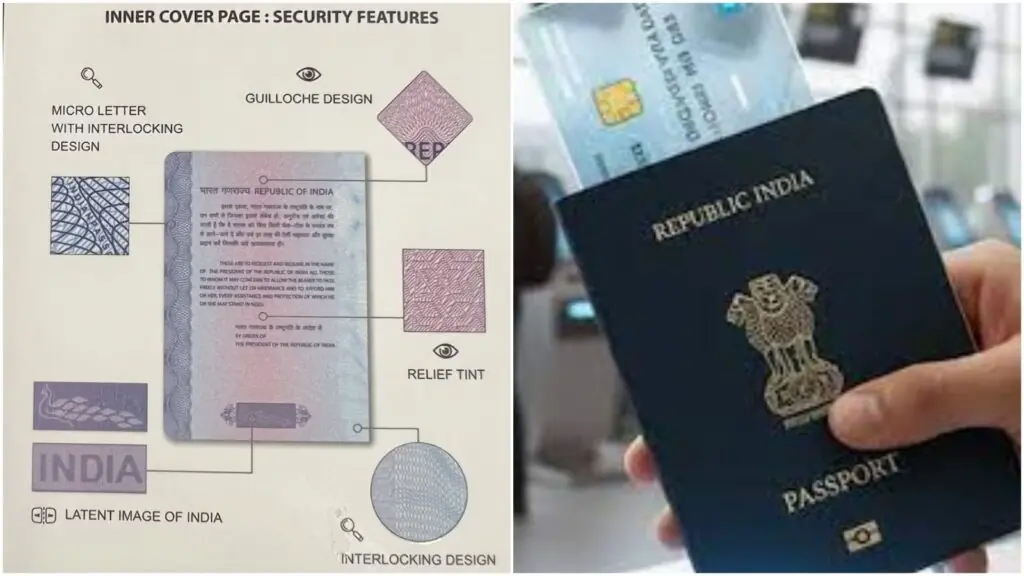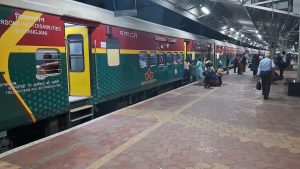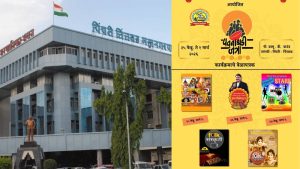Next-Generation E-Passports: India Begins Nationwide Rollout With Enhanced Security Features

India has begun rolling out next-generation e-passports with advanced security features designed to make international travel faster and more secure. These next-generation e-passports come with an embedded RFID chip that carries encrypted biometric and personal data, helping authorities verify identity quickly and reduce fraud. Existing passports will remain valid until they expire, while all new passports issued from now on will be e-passports. The government aims for a complete transition by June 2035.
What’s New in Next-Generation E-Passports
The design includes several upgraded features to curb forgery and tampering. Some of the key additions are:
• RFID chip storing biometric and personal data in encrypted form
• Interlocking microletters and relief tints to detect tampering
• Contactless data reading at immigration counters
• Antenna that improves durability and reduces physical handling
The system follows ICAO standards and stores photographs and fingerprints in a digitally signed format. The Ministry of External Affairs has already issued 80 lakh next-generation e-passports within India and over 60,000 through Indian missions abroad.
Stronger Fraud Prevention and Verification
Officials say the new verification system will help prevent individuals from holding multiple passports. Biometric data is checked against a central server at the time of application, and any match triggers an alert. This move is expected to drastically reduce fraud, especially in cases linked to duplicate identity documents.
Passport Seva 2.0 With AI-Based Services
The next-generation e-passports rollout is linked to the upgraded Passport Seva Programme Version 2.0. The new platform is operational at 37 Regional Passport Offices, 93 Passport Seva Kendras, and 451 Post Office Passport Seva Kendras. The global version, launched in October 2025, extends similar benefits to Indian missions abroad.
Key improvements include:
• AI chat and voice bots for application support
• Online document uploads and auto-filled forms
• UPI and QR-based payments
• AI-based alerts, biometric authentication, and facial recognition
• Integration with DigiLocker, Aadhaar, and PAN
• Real-time dashboards and electronic signatures
• National Call Centre support in 17 languages
Three major data centres in Noida, Chennai, and Bengaluru manage security and infrastructure. Mobile Passport Seva Vans now serve remote regions, and only 32 constituencies remain without a passport service centre, which the government plans to cover soon.
With over 15 million passports issued each year, next-generation e-passports are expected to improve efficiency, reduce fraud and make the travel experience smoother for citizens.









